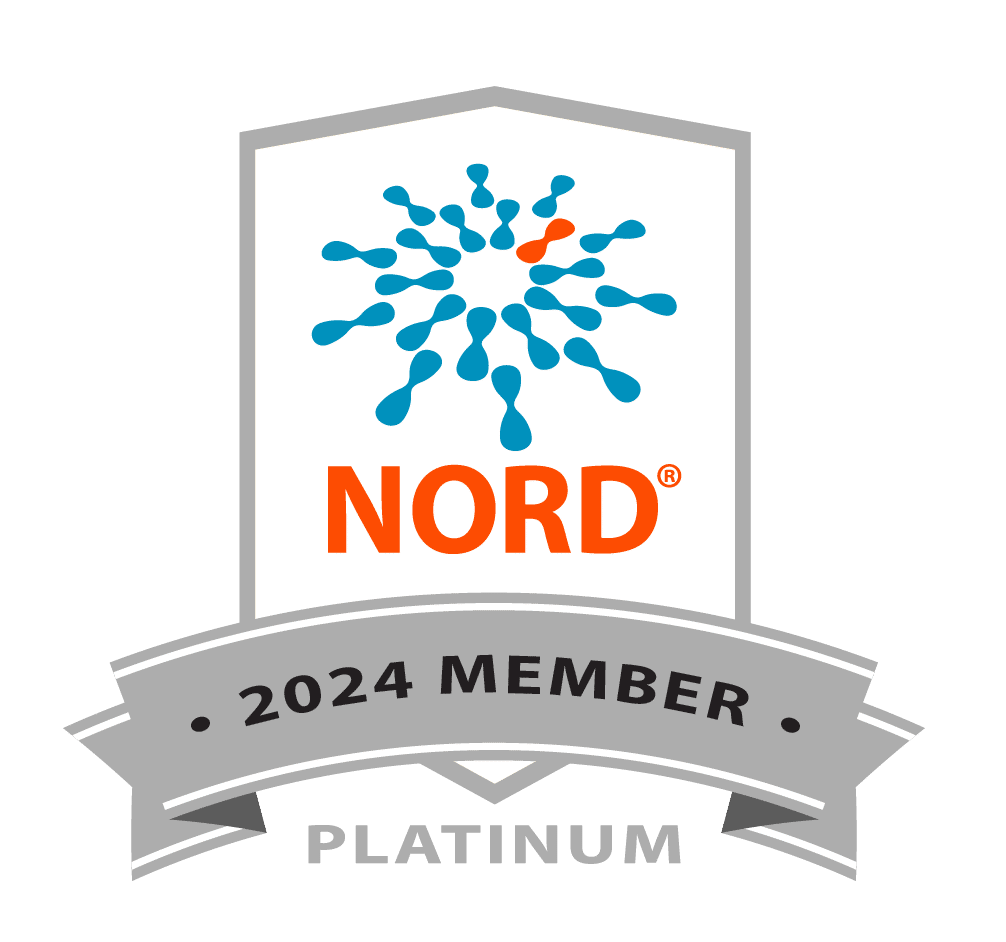Plasma Hero, an initiative of the Immune Deficiency Foundation, spotlights Alpha-1 Antitrypsin Deficiency in a recent article.
Thank you to plasma donors for being heroes to all our Alpha-1 patients receiving plasma-derived augmentation therapy.
Worldwide, alpha-1 antitrypsin deficiency (alpha-1) affects an estimated 1 in every 1,500 to 3,500 people of European ancestry. About 100,000 people live with alpha-1 in the United States and a protein found in plasma can be life-changing for people affected by this condition.
Our blood is made up of 55% plasma and 45% blood cells. Plasma itself contains 90% water and 7% proteins. These proteins, like the alpha-1 antitrypsin (AAT) proteinase inhibitor, are vital.
AAT protects the body’s tissues from inflammation caused by other enzymes, and is one of over 500 different proteins found in plasma. Other key plasma proteins include C1 esterase inhibitors to regulate inflammation, clotting factors to control bleeding, and immunoglobulins, also known as antibodies, for immune function.
When AAT doesn’t work or is missing, as in those with alpha-1, inflammation damages the lungs, leading to lung diseases like emphysema or chronic obstructive pulmonary disease (COPD.) Lung symptoms can include shortness of breath, wheezing, chronic cough, frequent chest colds, fatigue, and excessive phlegm.
The liver is also vulnerable in people with alpha-1 because larger than usual amounts of abnormal AAT proteins build up in the liver and are unable to get to the lungs and other organs. Liver symptoms may involve swelling, vomiting blood, itchy skin, and jaundice which is yellow skin caused by the buildup of bilirubin in the blood.
Though a person is born with alpha-1, most don’t experience symptoms or receive a diagnosis until ages 40-50. An exception to this general delay in diagnosis is with liver affected children who are sometimes diagnosed at birth or within the first years of life. With or without the presence of these symptoms, an individual may still seek testing based on clinical guidelines if they have any of the following:
- COPD.
- Unexplained chronic liver disease.
- Panniculitis – a rare alpha-1-related skin condition that presents as red bumps on the skin that sometimes break open and leak fluid while other times can turn into deep painful ulcers.
- Family members with alpha-1.
Early detection can be life-changing for people living with alpha-1. Diagnosis not only allows people to receive treatment sooner, slowing or preventing lung damage, but also allows the individual and their family to lower their exposure to environmental factors that can damage the lungs and liver.
Since alpha-1 is a genetic condition caused by inherited variant in the SERPINA1 gene, there is no way to prevent it if you receive two abnormal copies of the gene. There is also currently no known cure. However, treatment in the form of weekly augmentation therapy, also known as replacement therapy, can increase the level of AAT in the lungs to protect them from further damage. Replacement therapy involves intravenous infusion of AAT protein that has been isolated from pooled plasma of healthy donors to raise levels of the missing or nonfunctional AAT protein. While replacement therapy can’t reverse lung damage, boosting AAT levels can slow or stop further damage.
Alpha-1 may not be familiar to the general public, but dedicated donors offer a lifeline to those living with this chronic condition. Consider donating plasma and being a hero to people with alpha-1 and many others.
To learn more, visit: https://www.plasmahero.org/news/those-alpha-1-antitrypsin-deficiency-depend-plasma-donations












